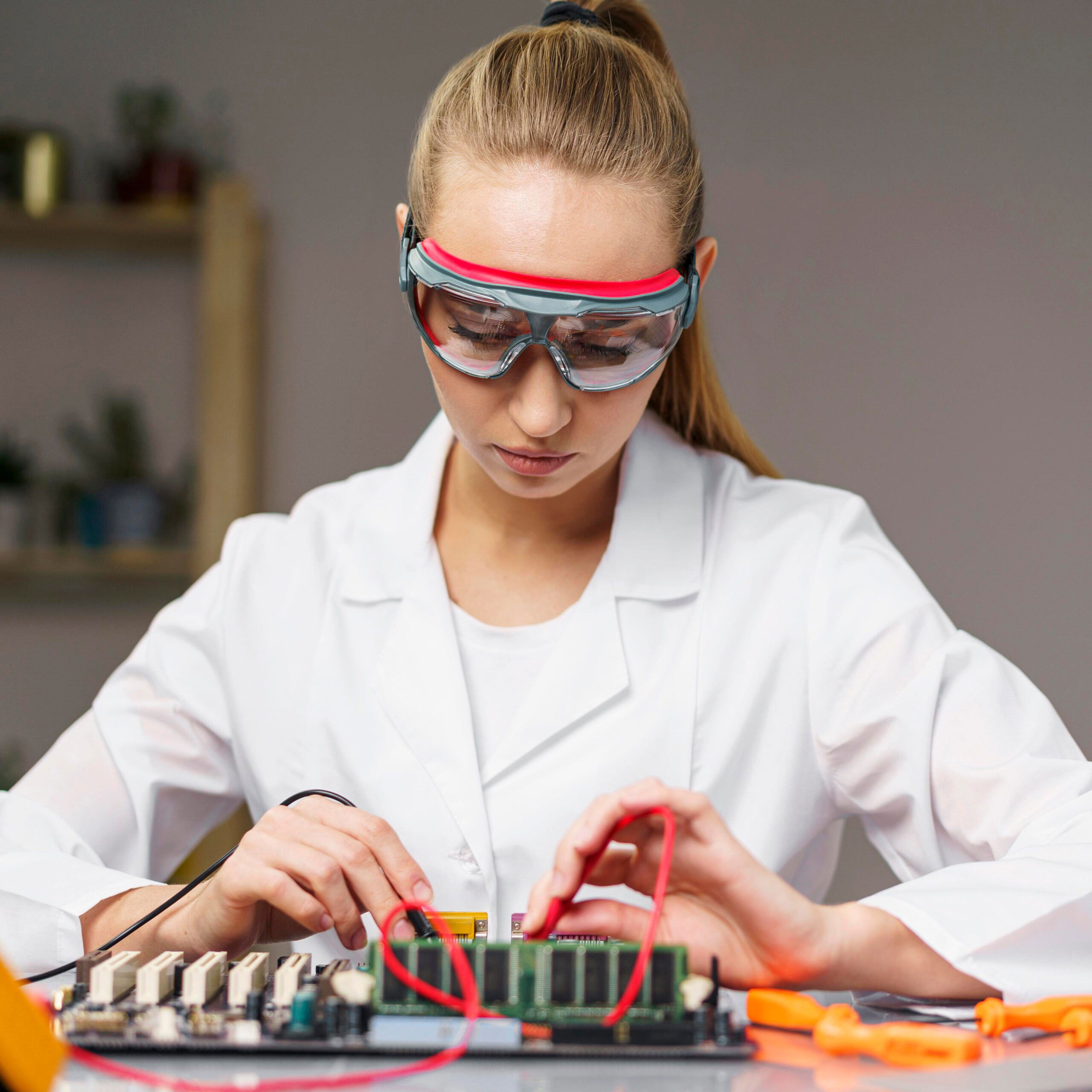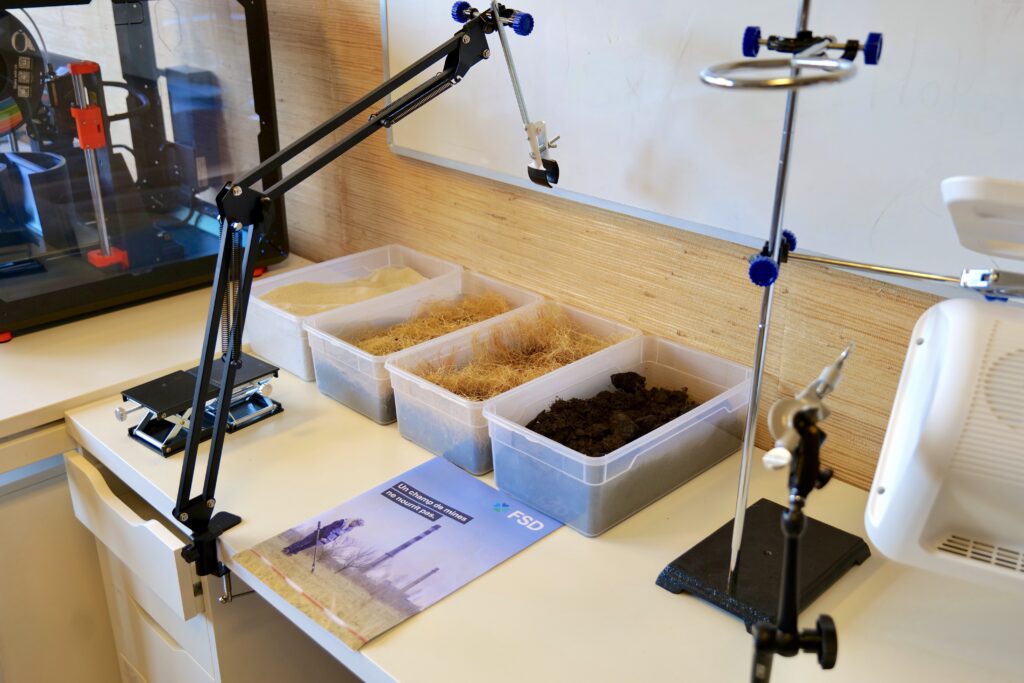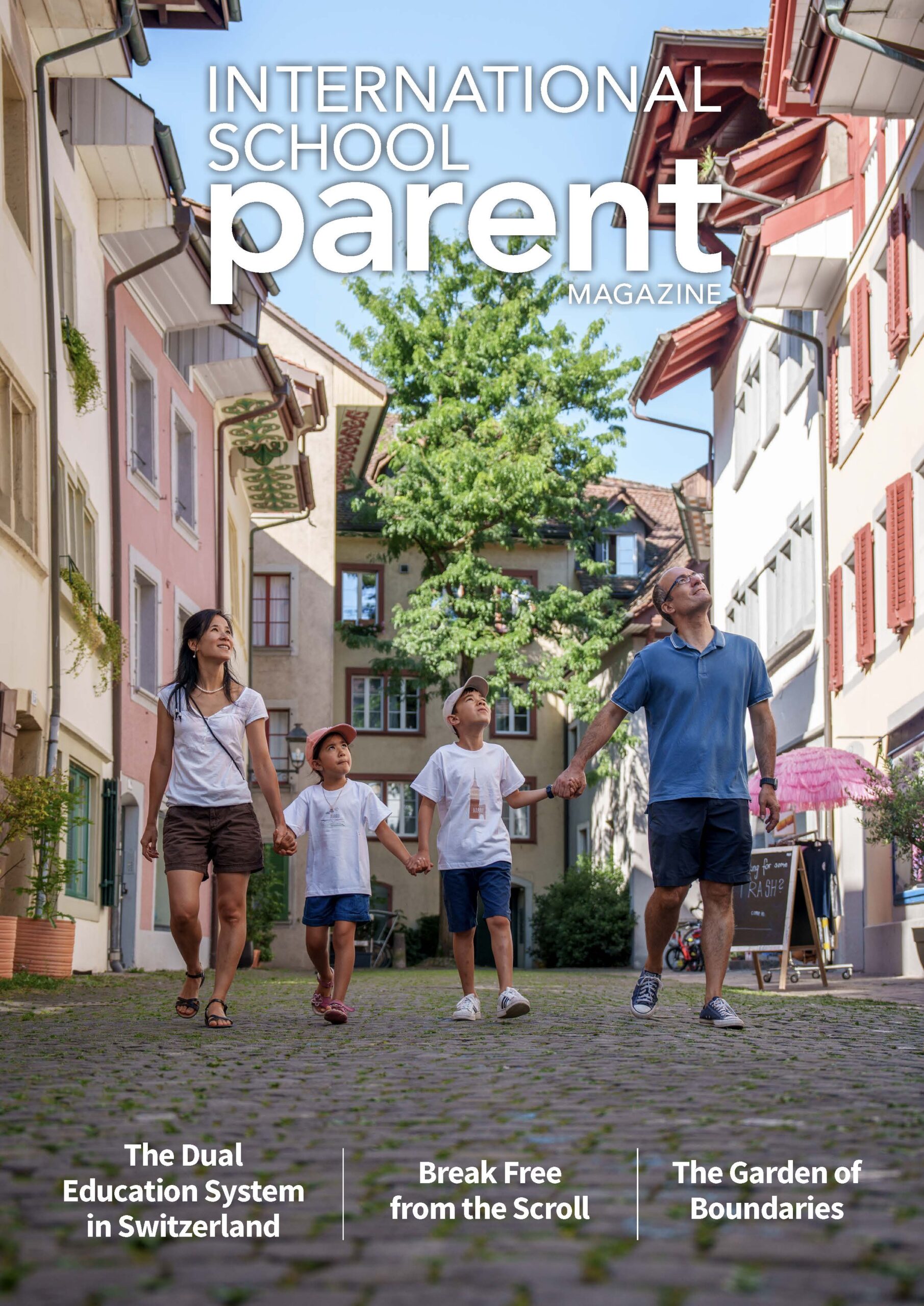Student Tech Projects for Social Good at Scientia Education’s Fab Lab

We live in an era defined by technological innovation. From gene therapy to artificial intelligence, or robotics to virtual reality, scientific and technological breakthroughs are changing the way our economies develop, our societies function and even our political systems operate. As a result, governments, corporations, and academic institutions are increasingly preoccupied with the question: how do we inspire and prepare the next generation of scientists to continue generating innovations that improve peoples’ lives and address future challenges?
It is not just technology that is changing rapidly, but also the environment in which it is fostered and developed. In many international schools, this has led to an increase in the implementation of STEM education programmes or centres. While the research capacity of these institutions is promising, there remains a growing need to create a space where students can pursue their own ideas and innovations in ways that are not constrained by curriculum demands and assessment requirements.
Located in Scientia Education’s offices in central Geneva, our Fab Lab is a dynamic learning space for students who are passionate about science and how it can be used to address current affairs. In the Fab Lab, students innovate and collaborate on real-world research projects that aim to address challenges in education, healthcare, peace-keeping and sustainability. The guiding ethos of the lab is to encourage young people to use technology for social good, while simultaneously developing multidisciplinary skills and fostering intrinsic motivation.
The Fab Lab caters to students ranging in different ages, from budding scientists of 11 or 12, to high school or even university students interested in pursuing a future in STEM and other connected fields. The students are encouraged to design their own open research projects, either in accordance with their academic assessments or purely to pursue their individual interests, and are actively guided through their methodology by mentors. For example, one, IB student is currently working with the Fab Lab to research low cost irrigation technologies for developing countries as part of her Extended Essay. Younger students are fully guided through all stages of the project whereas older students are given one hour of expert supervision for every three hours of independent work, in order to maintain rigour and safety standards but also foster agency and self-efficacy. These projects also provide students with the opportunity to define their own objectives, design their own protocol and set their own deadlines. By following this differentiated approach, students can work at their own pace while also acquiring practical research skills that will be invaluable in their future careers. Additionally, this allows students to demonstrate to universities that they have actively worked in the field and pursued projects outside of school.
For students who want to undertake experiments that align with their individual interests, the Fab Lab assigns real-world research projects. These projects fall into two categories: Tech for Good and Tech for Education.

Tech for Good
The Tech for Good projects are designed to teach students how to use digital technology to promote positive social outcomes. For example, they demonstrate how technology can be used to aid the equitable distribution of global health care, enhance humanitarian demining actions or provide solutions to combat climate change. Some of the current projects include:
• Building low cost phototherapy devices using 3D printing tools to help treat new- borns with jaundice in developing countries (in cooperation with the Fondation Congolaise de Recherche Medical).
• Developing hyperthermia technologies to treat different cancers using ultrasound. This project is in cooperation with the University of Zurich and every step of the research process is designed to be reproducible at a low cost.
• Designing and building CO2 detectors for schools in order to equip future students with durable and sustainable tools to measure the impacts of climate change in their immediate environment (in cooperation with the Franco-British Data Society).
• Using AI technology to detect anti- personnel landmines in conflict or post-conflict zones (in cooperation with University College, London).
Tech for Education
The Tech for Education projects help to harness students’ curiosity and creativity in order to foster deeper learning. Some of these projects include:
• Designing a student-friendly cosmic ray detector in order to study subatomic particles and learn more about outer space. For example, students can work on engineering aspects of the detector, one improvement at a time.
• Building electronics to control the growth conditions of plants in order to determine the optimum conditions. For example, a middle school student is currently assessing the effect of timed blue lighting on the growth of alyssum violet plants.
• Constructing a small boat to monitor the quality of water in lakes and rivers. The boat is equipped with PH and chemical sensors linked to a microcomputer that can connect to a mobile phone in order to send data for processing.
We are excited to help young students bring their projects to life, whether in- person at our Fab Lab or through expert online mentoring, in order to affect meaningful change through scientific discovery. If you are interested in learning more about research opportunities for students at Scientia Education’s Fab Lab, please contact: ad***@****************on.com

